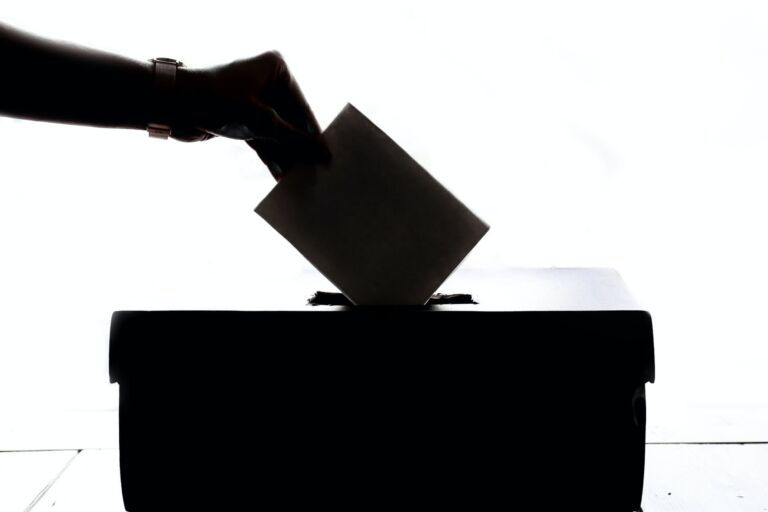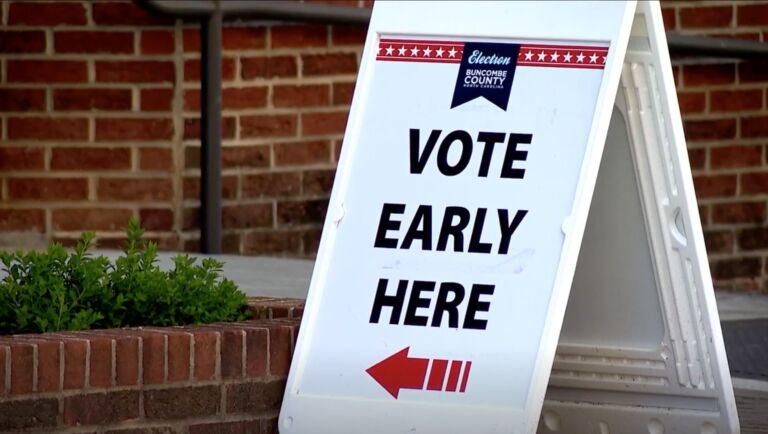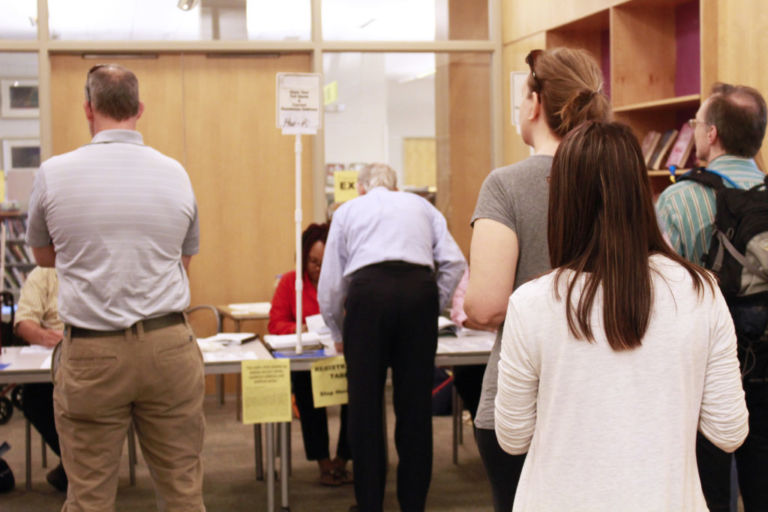Each election cycle we all wonder if voter fraud is really a problem. For years we have been assured that voter fraud is difficult and is a punishable offense. Under the guise of needing to relax voter restrictions due to the pandemic caused by the coronavirus, states like North Carolina relaxed some of the safeguards that were put in place to make fraud difficult. The North Carolina State Board of Elections (SBOE), whose director is Karen Brinson Bell, has systematically gone well beyond those statutory changes by unilaterally gutting many of the remaining protections. Will voter fraud be more prevalent as a result?
President Obama claimed on the eve of his leaving office that the “whole notion of voting fraud” is fake news. Instead, he complained, it is too difficult in the United States to vote. But in 2018 a new election for the 9th Congressional District in NC was ordered specifically due to voter fraud involving absentee ballots (ABs).
That case showed that, for both 2016 and 2018 elections, ABs were submitted by ineligible operatives. The historic scandal was handled by Kim Strach, then-director of SBOE who was lauded as a nonpartisan head. Strach’s investigation led to the unofficial Republican winner, Mark Harris, dropping out and resulted in a new election. In apparent thanks for her work, she was nevertheless fired by Gov. Cooper’s appointees to the SBOE.
Enter Karen Brinson Bell. Rep. Holly Grange, R-New Hanover described her as “a Democratic political activist who lives in South Carolina to exert partisan control over our state’s elections systems.”
In recent litigation involving the SBOE under Bell, federal Judge William Osteen was not so kind. Infuriated that the SBOE had used a previous order written by Osteen as justification to remove the witness requirement for absentee ballots, he said Bell’s Board had “gross[ly] mischaracterize[d]” his order to a state court by stating the “opposite” of what the order really said. The judge was equally severe toward Bell herself, stating that her declaration in state court had “contradict[ed] her testimony before this court.”
Numbered memos telling county elections boards to act contrary to state law
As executive director of the state elections board, Bell has been very busy writing dozens of “numbered memos” from her to the 100 county boards of elections. Each memorandum deals with a different aspect of NC election law, and on most occasions, each appears to advocate that the boards take actions that are contrary to NC elections law.
The memoranda follow a pattern in design:
- They correctly state the law in various places, typically in a footnote.
- They then may mention COVID-19.
- They then condones actions that appear to violate the law — always with the result being to approve a ballot instead of finding the ballot invalid.
A couple of illustrations are given here.
Numbered Memo 2020-15
This memorandum discusses the request for absentee ballots. The memo correctly cites the law:
Only the following individuals may return an absentee request form:
- The voter;
- The voter’s near relative or verifiable legal guardian; or
- A MAT (multi-partisan team).
An absentee request returned by any other person is invalid [citing G.S. 163-230.2(e)(4)]
Then Bell states:
In some cases, it may not be clear whether the absentee request form was submitted by the voter, the voter’s near relative or legal guardian, or MAT. In the absence of evidence to the contrary, a county board of elections should presume that the request was submitted by an authorized person. [Emphasis in original.]
In other words, even though the law requires one of four authorized people to submit a request, Bell directs that the negative must be proved before the request can be deemed invalid. She gives an example for a request received via email. If the request, she says, comes “from a theme, fanciful, or other email address that is not associated with a person’s name,” it must be treated as coming from an authorized person.
So if a request for a Ms. Jane Smith comes in from an email address of [email protected], Bell instructs the counties to accept the request as valid because they cannot tell if it isn’t from Ms. Smith.
Numbered Memo 2020-23
This memorandum discusses receipt of absentee ballots. It again correctly states the law (in a footnote):
It is a class I felony for any person other than the voter’s near relative or legal guardian to take possession of an absentee ballot of another voter for delivery or for return to a county board of elections. G.S. § 163-226.3(a)(5).
It then also correctly describes a log procedure when accepting ballots and states the law in another footnote:
08 NCAC 18 .0102 requires that, upon delivery, the person delivering the ballot shall provide the following information in writing: (1) Name of voter; (2) Name of person delivering ballot; (3) Relationship to voter; (4) Phone number (if available) and current address of person delivering ballot; (5) Date and time of delivery of ballot; and (6) Signature or mark of person delivering ballot certifying that the information provided is true and correct and that the person is the voter or the voter’s near relative.
In the body of the memo, Bell states:
An administrative rule requires county boards to keep a written log when any person returns an absentee ballot in person. However, to limit the spread of COVID-19, the written log requirement has been adjusted for remaining elections in 2020. [Emphasis in original.]
Bell then directs county election boards to accept the opposite of what the law requires:
Failure to comply with the logging requirement, or delivery of an absentee ballot by a person other than the voter, the voter’s near relative, or the voter’s legal guardian, is not sufficient evidence in and of itself to establish that the voter did not lawfully vote their ballot. A county board shall not disapprove an absentee ballot solely because it was delivered by someone who was not authorized to possess the ballot. [Emphasis added.]
The memo offers a bonus irony, if you will, in a footnote referenced by the above statement again restating the law correctly:
Compare G.S. § 163-230.2(3), as amended by Section 1.3.(a) of Session Law 2019-239, which states that an absentee request form returned to the county board by someone other than an unauthorized person is invalid.
Finally, Bell goes on to give direction regarding ballots found deposited through mail slots, etc.:
If your site has a mail drop or drop box used for other purposes, you must affix a sign stating that voters may not place their ballots in the drop box. However, a county board may not disapprove a ballot solely because it is placed in a drop box. [Emphasis added.]
Judge Osteen was right in describing Bell as contradictory.


